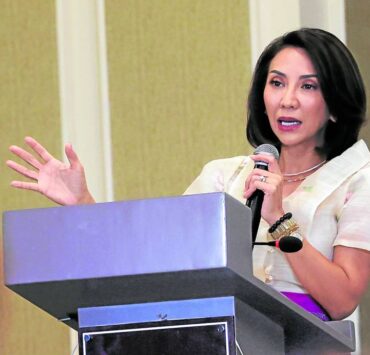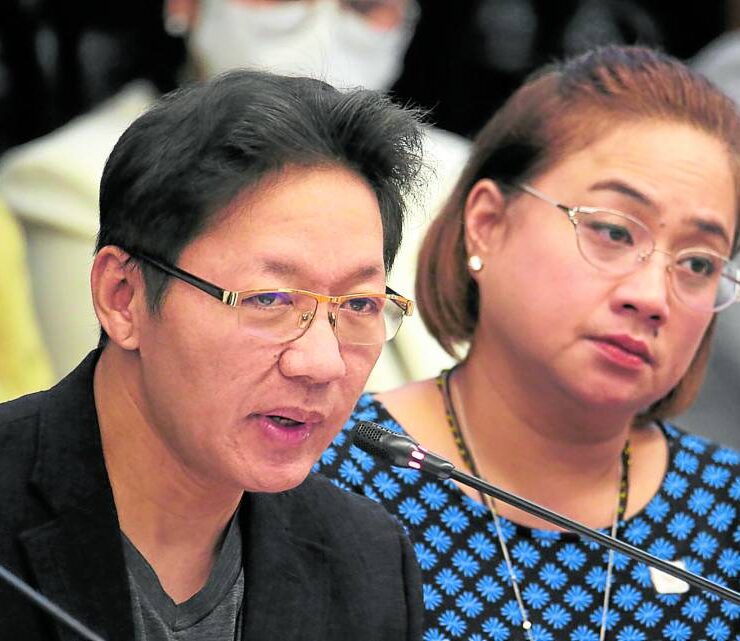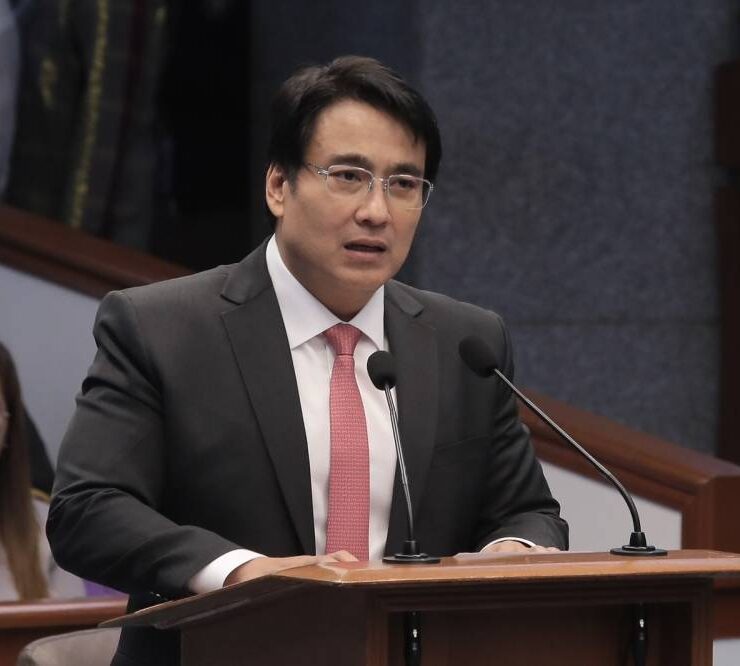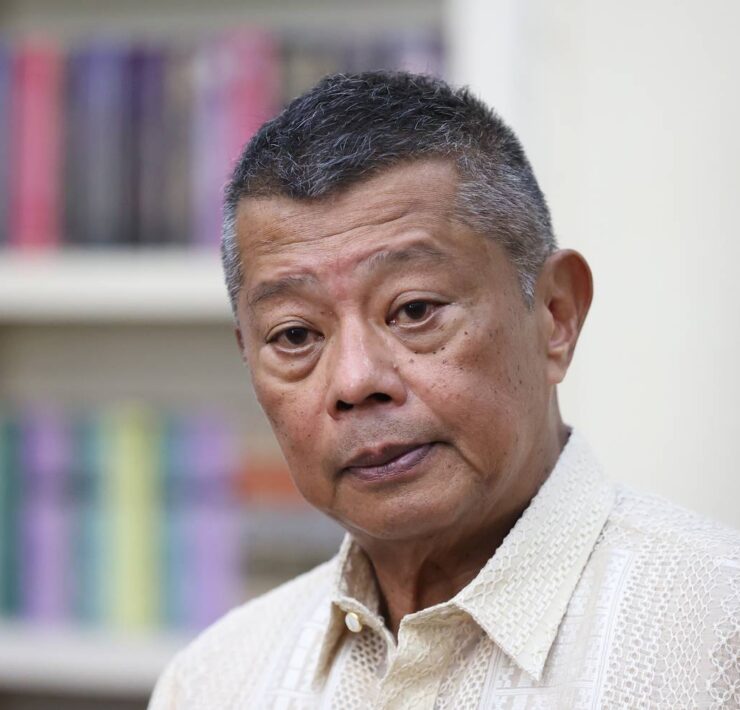Watchdogs: Shut this ‘backdoor’ for insertions in DPWH budget

Civil society groups on Wednesday called for the abolition of the Department of Public Works and Highways’ (DPWH) “allocable” budget, which they described as backdoor form of congressional insertions, as Congress continues deliberations on the draft P6.7-trillion national budget for 2026.
In a press conference called by the People’s Budget Coalition (PBC), policy researcher Adolfo Jose Montesa said the allocable funds in public works have effectively entrenched a system where lawmakers could negotiate for slices of the DPWH budget, regardless of technical plans or regional needs.
This, after Public Works Secretary Vince Dizon admitted that he himself did not understand how allocable and nonallocable funds worked, as they were already in place long before he took over the department. He vowed to have them scrapped in the 2027 budget.
“Basically, it’s a system that legislators and the DPWH themselves institutionalized so that they (lawmakers) don’t have to do insertions, it’s already allocable for them,” Montesa explained.
“We think this is really problematic because this reflects the fact that the infrastructure projects that we implement or plot out with the DPWH budget is not based on a master plan, not based on evidence or scientific planning,” he added.
PBC is an alliance of at least 40 civil society organizations and budget watchdogs. It has been accredited by the House of Representatives as an observer in the crafting of the 2026 spending plan.
Lack of transparency
In general, allocable funds are distributed among DPWH district engineering offices based on a parameter that sets a budget ceiling per district.
Nonallocable funds, on the other hand, are reserved for major projects that fall outside district allocations.
Ideally, Montesa said, this so-called formula was designed to ensure equitable distribution of funds across district offices. However, “no document or guideline shows how it’s calculated. It’s not in the General Appropriations Act, it’s not public, and it should be scrapped,” Montesa said.
Montesa added that this system of allocable funds had allowed legislators to secure infrastructure funds that mirror the old Priority Development Assistance Fund mechanism outlawed by the Supreme Court in 2013.
The coalition also noticed that some district offices that are not necessarily that big have cornered a disproportionately large allocable budget.
Budget mismatch
Also on Wednesday, Batangas Rep. Leandro Legarda Leviste noted what he considered a disproportionate allocation of DPWH budget for next year.
He said some densely populated provinces got lower allocations while less populated areas would be receiving bigger funding.
The lawmaker cited the case of Western Visayas, which was alloted P16.37 billion despite having a population of 4.86 million, compared with the Cordillera Administrative Region, which is being given P17 billion despite having a population of only 1.81 million.
Leviste also noted that the country’s most populous regions—Central Luzon, Calabarzon, National Capital Region and Ilocos, which account for 41 percent of the country’s population and 60 percent of the economy, will get only about 25 percent of the DPWH budget.
“Given the smaller DPWH budget for certain regions compared to their much bigger contribution to national taxes, they would be better off if the DPWH budget were instead given to local governments equitably through the National Tax Allotment,” Leviste said.
This only proved that “[infrastructure projects] are driven by political considerations. Whichever congressman is politically powerful, which congressman is close to the Speaker, would more likely get a higher allocable share,” Montesa noted.
The practice is a mere symptom of a wider problem of opacity in the national budget, a “cancer” eating into public trust, he said.
The PBC earlier cited other red flags in the budget deliberations, including at least P230 billion for “pork and patronage programs.”
These include the additional P32.06 billion for the Department of Social Welfare and Development’s assistance to individuals in crisis situation; P14.82 billion for the Department of Labor and Employment’s aid program for disadvantaged and displaced workers, and P26.73 billion for the Department of Health’s medical assistance to indigent and financially incapacitated patients.
Taken altogether, these allocations far exceed the P56-billion increase for the education sector being touted by House appropriations committee chair and Nueva Ecija Rep. Mikaela Suansing, according to PBC coconvener Ken Abante. —WITH A REPORT FROM GABRIEL PABICO LALU





















